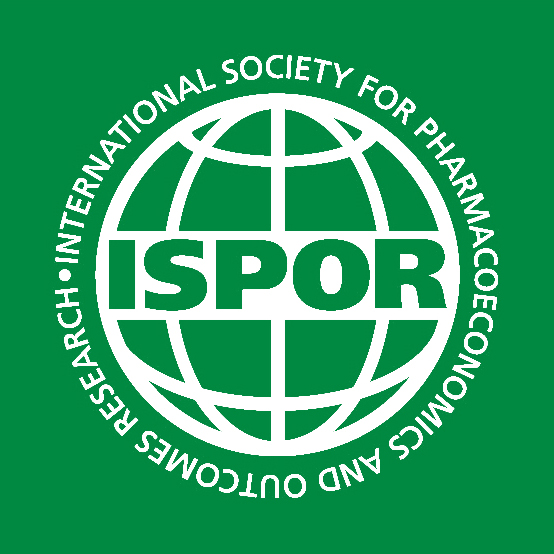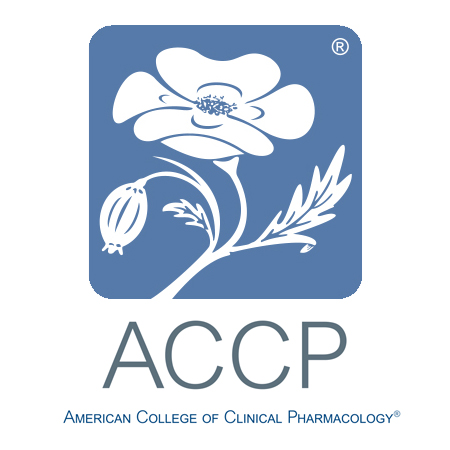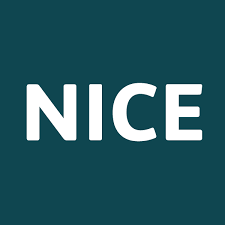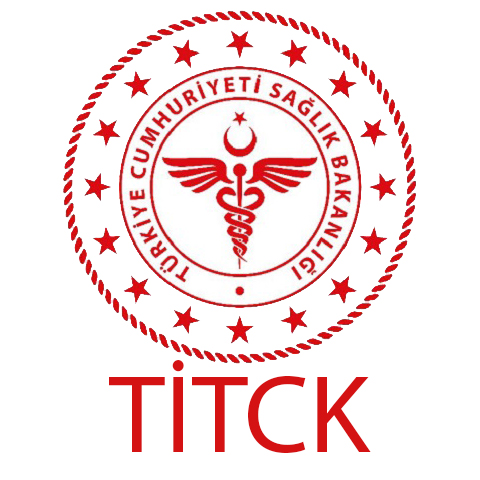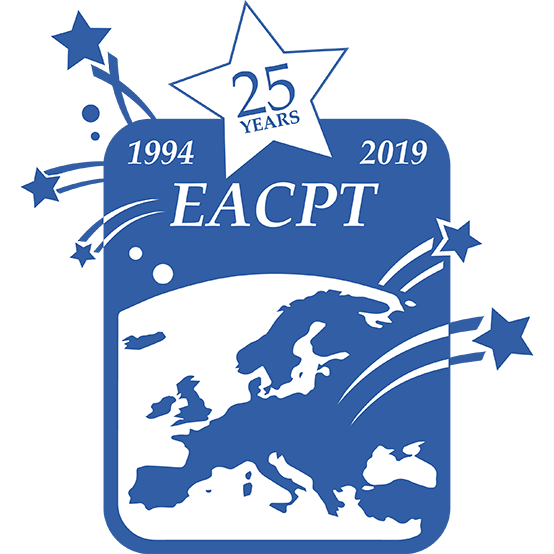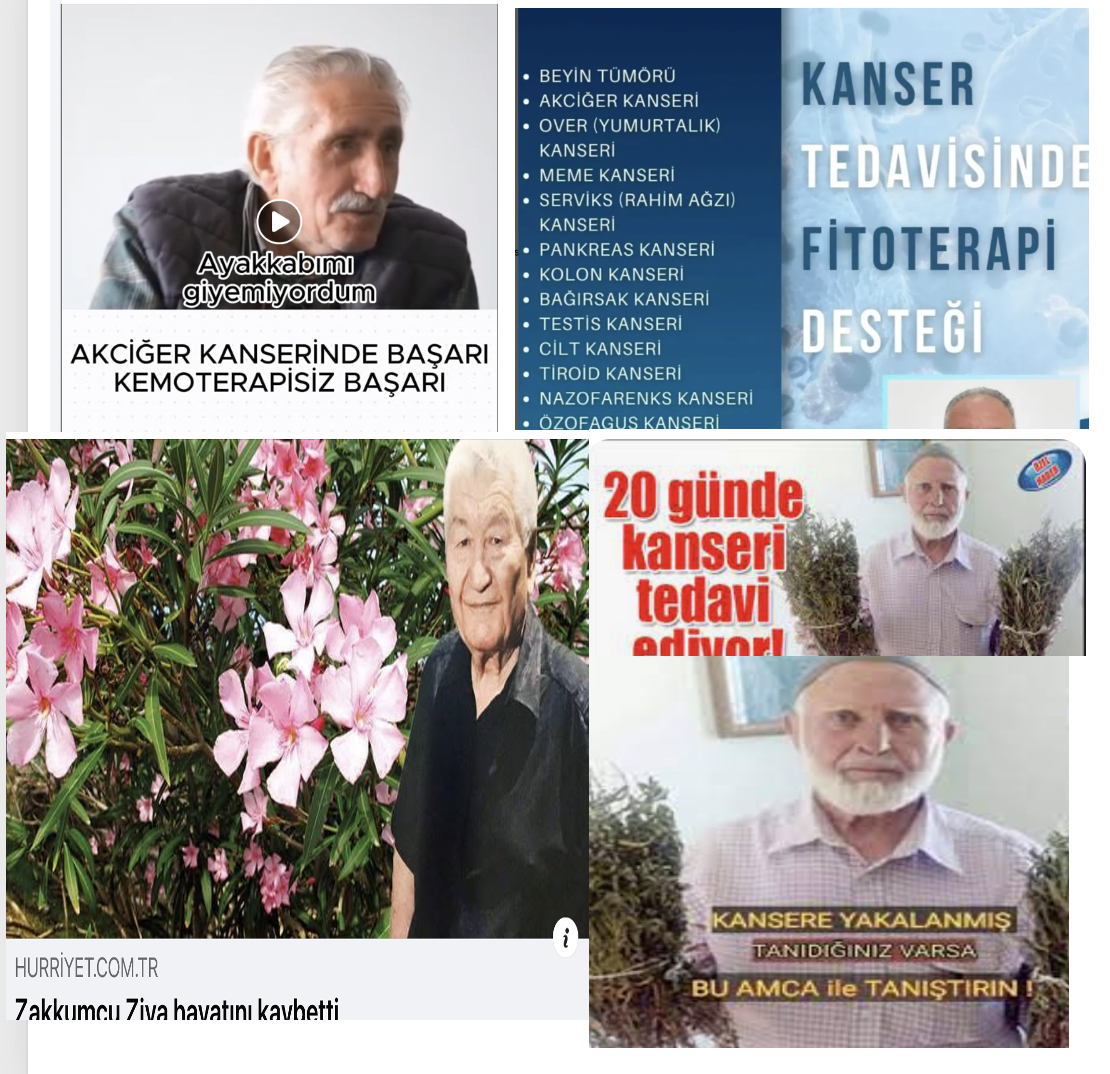
SCAMMERS TARGETING CANCER PATIENTS
Prof. Dr. F. Cankat Tulunay
For some time now, cancer treatment methods and lifestyle recommendations have been repeatedly shared and circulated, particularly on social media. Certain so-called herbalists claim they can cure even stage 4 cancer using herbal methods, publishing page after page of misleading information to deceive patients and exploit them. The number of such individuals is increasing daily, with people from various professions—or even those without any profession—publicly claiming on social media that they can treat cancer. Surprisingly, it seems that only the Health Ministry officials fail to notice these activities, allowing patients to be exploited. Unfortunately, some media outlets, driven by ratings and minimal financial gain, contribute to this deception by featuring these fraudsters on TV screens, claiming it is for public education.
One of the most commonly shared myths is: *"Thoughts on life by Brazilian oncologist Dr. Drauzio Varela, Nobel Prize winner in Medicine..."* Dr. Varela is not a Nobel Prize winner. He is a well-known oncologist in Brazil, a health coach, and an advocate for public health. He believes that cancer treatment should involve traditional methods such as surgery, chemotherapy, radiotherapy, and immunotherapy, and he does not endorse treating cancer with herbs.
On social media, the phrase *"Nobel Prize-winning Japanese Professor"* is frequently used to promote herbal cancer treatments. There are two Japanese professors who have won Nobel Prizes for their cancer-related work. One is **Yoshinori Ohsumi**, who received the 2016 Nobel Prize in Physiology or Medicine. Ohsumi is a cell biologist renowned for his groundbreaking work on **autophagy** (the process by which cells recycle their own components). His research provided a fundamental framework for understanding how cells break down and recycle their components under stress, starvation, or damage, highlighting its significance in cancer, neurodegenerative diseases (e.g., Alzheimer’s, Parkinson’s), and infection control. There is no published statement or scientific article indicating that Yoshinori Ohsumi has a specific opinion on **phytotherapy** (herbal treatment) or the use of herbal compounds in cancer treatment, particularly in relation to **PD-1/PD-L1** immune checkpoint inhibitors. Ohsumi’s work primarily focuses on the molecular mechanisms of autophagy and its relationship to cellular homeostasis, cancer, neurodegenerative diseases, and infections. While some preclinical studies suggest that certain herbal compounds may affect the autophagy pathway and potentially play a role in cancer immunotherapy (e.g., via the PD-1/PD-L1 pathway), no clinically proven phytotherapy method is known. Additionally, numerous synthetic **PD-1 inhibitors** are currently available and have demonstrated significant success in treatment.
Herbalists often reference researchers such as **Tasuku Honjo** and **James P. Allison**, who shared the **2018 Nobel Prize in Physiology or Medicine** for their discoveries in “inhibiting negative immune regulation for cancer treatment.” Both scientists conducted groundbreaking research on **immune checkpoint inhibitors**, strengthening the immune system’s fight against cancer cells. Their work led to the development of immunotherapy treatments targeting **PD-1** (Honjo) and **CTLA-4** (Allison), revolutionizing cancer treatment. Honjo and Allison’s discoveries made immunotherapy a standard approach in cancer treatment. Following their discoveries:
- **PD-1 Inhibitors**: Drugs like **nivolumab** and **pembrolizumab** have been effective in various cancer types.
- **CTLA-4 Inhibitors**: **Ipilimumab** is primarily used for melanoma.
- Combinations of PD-1 and CTLA-4 inhibitors (e.g., nivolumab + ipilimumab) have shown stronger responses in some cancers, though side effects may increase.
The publications that earned these researchers the Nobel Prize include:
- Honjo, T., Kinoshita, K., & Muramatsu, M. (1992). Molecular cloning of a cDNA encoding the murine IgG1 induction factor. *Proceedings of the National Academy of Sciences*, 89(8), 3325-3329. doi:10.1073/pnas.89.8.3325 (One of the first studies discovering PD-1).
- Ishida, Y., Agata, Y., Shibahara, K., & Honjo, T. (1992). Induced expression of PD-1, a novel member of the immunoglobulin gene superfamily, upon programmed cell death. *EMBO Journal*, 11(11), 3887-3895. doi:10.1002/j.1460-2075.1992.tb05481.x (A key study defining PD-1’s role in the immune system).
- Leach, D. R., Krummel, M. F., & Allison, J. P. (1996). Enhancement of antitumor immunity by CTLA-4 blockade. *Science*, 271(5256), 1734-1736. doi:10.1126/science.271.5256.1734 (The first study showing that CTLA-4 inhibition enhances antitumor immunity).
- Hodi, F. S., O’Day, S. J., McDermott, D. F., ... & Allison, J. P. (2010). Improved survival with ipilimumab in patients with metastatic melanoma. *New England Journal of Medicine*, 363(8), 711-723. doi:10.1056/NEJMoa1003466 (A landmark study demonstrating ipilimumab’s clinical efficacy).
💉 **Main PD-1 inhibitors used in clinical practice**:
| Drug Name | Manufacturer | FDA Approval Status | Indications |
|-----------|--------------|---------------------|-------------|
| Nivolumab (Opdivo) | Bristol-Myers Squibb | Since 2014 | Malignant melanoma, NSCLC, renal cell carcinoma, Hodgkin lymphoma, head and neck cancer, etc. |
| Pembrolizumab (Keytruda) | Merck | Since 2014 | Melanoma, NSCLC, head and neck cancer, MSI-H/dMMR colorectal cancer, bladder cancer, etc. |
| Cemiplimab (Libtayo) | Regeneron/Sanofi | 2018 | Cutaneous squamous cell carcinoma (cSCC), NSCLC |
🧪 **Other inhibitors with similar mechanisms**:
- **PD-L1 inhibitors** (targeting PD-L1, the ligand of PD-1):
- Atezolizumab (Tecentriq)
- Avelumab (Bavencio)
- Durvalumab (Imfinzi)
These drugs target PD-L1 instead of PD-1 directly, but the mechanism is the same: removing the immune system’s brake on cancer.
PD-1 and PD-L1 inhibitors are currently used for various solid and hematologic malignancies, including malignant melanoma, non-small cell lung cancer (NSCLC), renal cell carcinoma, Hodgkin lymphoma, head and neck squamous cell carcinoma, urothelial carcinoma, and MSI-H/dMMR tumors.
Now, let’s address **herbal methods in cancer treatment**, or **phytotherapy**. Phytotherapy involves using medicinal and aromatic plants or their derivatives to treat or prevent diseases. In cancer treatment, phytotherapy is generally considered a supportive or complementary method, not a primary treatment, and to date, no plant has been found to effectively eliminate cancer in humans. Some plants are empirically used to reduce side effects during cancer treatment (e.g., turmeric, propolis, black seed oil). However, their efficacy is mostly demonstrated at the experimental level. While some plants may reduce the side effects of medications, they can also decrease the drugs’ effectiveness. **PHYTOTHERAPY CANNOT REPLACE CHEMOTHERAPY, RADIOTHERAPY, SURGICAL TREATMENT, OR IMMUNOTHERAPY. DO NOT BELIEVE CHARLATANS ADVERTISING ON SOCIAL MEDIA**
Some experimental studies have suggested that certain plants may affect the PD-1/PD-L1 pathway:
- **Black Raspberry (Rubus coreanus Miquel)**: Studies in mouse models have shown it reduces tumor growth. Ellagic acid (EA) is one of the main components responsible for this effect.
- **Quercetin**: A flavonoid found in broccoli, onions, peppers, and apples, quercetin has anti-inflammatory and antioxidant properties. Some studies suggest it may have potential effects related to the PD-1/PD-L1 pathway.
- These studies are typically conducted in laboratory settings (in vitro) or animal models (in vivo). More comprehensive clinical research is needed on their effects, dosages, safety, and efficacy in humans.
- Herbal products should never be used as a substitute for standard cancer treatments (chemotherapy, radiotherapy, immunotherapy, etc.). These products are being researched as supportive treatments or potential new drug candidates.
- If considering any herbal supplement or alternative treatment, consult a doctor or healthcare professional. Especially for cancer patients, herbal products may interact with medications or negatively affect treatment efficacy.
References on Phytotherapy and Cancer
Given the broad scope of phytotherapy, I will focus on some of the most researched and promising compounds in clinical studies:
1. **Curcumin (from Turmeric)**:
- He, Z. Y., Shi, C. B., Wen, H., Li, F. L., Wang, Y. H., & Wang, J. (2015). Curcumin inhibits proliferation and induces apoptosis of human colorectal cancer cells by activating the Wnt/β-catenin signaling pathway. *Oncology Reports*, 33(3), 1373-1379.
- Epstein, J., Sanderson, I. R., & Macdonald, T. T. (2010). Curcumin as a therapeutic agent: the evidence from in vitro, animal and human studies. *British Journal of Nutrition*, 103(9), 1261-1273.
- A comprehensive review summarizing curcumin’s anticancer potential, highlighting limitations in clinical trials.
- Gupta, S. C., Patchva, S., & Aggarwal, B. B. (2012). Therapeutic Roles of Curcumin: Lessons Learned from Clinical Trials. *AAPS Journal*, 14(4), 597-611.
- A review summarizing curcumin’s clinical trial results for various diseases, including cancer, addressing issues with oral bioavailability.
2. **Green Tea (Epigallocatechin Gallate - EGCG)**:
- Jian, L., Xie, L. P., Lee, A. H., & Binns, C. W. (2004). Tea consumption and cancer risk: a meta-analysis of case-control and cohort studies. *International Journal of Cancer*, 108(1), 1-7.
- A meta-analysis evaluating the relationship between tea consumption and cancer risk, summarizing evidence from observational studies.
- Yang, C. S., & Wang, X. (2011). Tea and cancer prevention: an overview of the present status. *Journal of Cancer Research and Clinical Oncology*, 137(12), 1775-1782.
- An overview of green tea components’ role in cancer prevention and potential treatment.
3. **Medicinal Mushrooms (Reishi, Shiitake, Maitake)**:
- Sullivan, R., Smith, J. E., & Dean, N. R. (2006). Medicinal mushrooms and cancer therapy: translating a traditional practice into modern oncology. *Clinical Oncology*, 18(9), 606-613.
- A review discussing the potential of medicinal mushrooms in cancer treatment, particularly their immunomodulatory effects and use as adjuncts to standard therapy.
- Liu, Y., et al. (2015). A critical review of Chinese medicinal herbs in cancer therapy. *Molecular Biology Reports*, 42, 107-117.
- A review examining the role of traditional Chinese medicinal herbs in cancer treatment and modern research on these herbs.
4. **National Cancer Institute (NCI) - Complementary and Alternative Medicine (CAM) Page**:
- Source: https://www.cancer.gov/about-cancer/treatment/cam
- Importance: NCI provides evidence-based summaries and updates on various herbal products and CAM treatments, including information under the "Herbs and Botanicals" section.
Vitamin C in Cancer Treatment
Vitamin C in cancer treatment is another widely debated topic. It was first proposed in the 1970s by **Dr. Linus Pauling** and **Dr. Ewan Cameron**. Linus Pauling, a renowned American chemist, won the Nobel Prize in Chemistry (1954) and the Nobel Peace Prize (1962). In the later years of his life, he became an advocate for “vitamin C and healthy living” and died of prostate cancer in 1994. Pauling believed vitamin C was a cure for many ailments, consuming large amounts daily with his wife (I personally witnessed them consuming spoonfuls of vitamin C on a U.S. television program). Pauling strongly recommended vitamin C not only for cancer but also for the flu, and his followers still believe in this approach. **Dr. Ewan Cameron**, a Scottish surgeon, collaborated with Pauling.
In the early 1970s, Cameron and Pauling administered high-dose intravenous and oral vitamin C to terminal cancer patients and published a significant study in 1976: *"Supplemental ascorbate in the supportive treatment of cancer: Prolongation of survival times in terminal human cancer"* (*Proceedings of the National Academy of Sciences USA*). In this study, Cameron and Pauling claimed that high-dose vitamin C extended the survival of advanced cancer patients. This publication garnered significant attention and led to numerous clinical studies. However, by the late 1970s, these results could not be replicated. **Charles Moertel**’s studies at Mayo Clinic showed that high-dose oral vitamin C provided no survival benefit for cancer patients. Pauling claimed that these negative results were due to medical professionals’ envy of his work.
**Charles G. Moertel (1927–1994)**, a prominent cancer researcher at Mayo Clinic, was known for evaluating cancer treatments through randomized controlled trials (RCTs). He is particularly recognized for his studies testing the efficacy of alternative cancer treatments like **laetrile** (amygdalin) and **vitamin C**, which demonstrated that these treatments were ineffective, significantly contributing to the scientific community. Below are the details and references for Moertel’s two key RCTs at Mayo Clinic:
1. Laetrile (Amygdalin) Study
- The study was designed as a double-blind, randomized controlled trial comparing laetrile treatment to placebo in patients with advanced cancer. Patients were randomly assigned to receive laetrile or placebo, and the study evaluated laetrile’s effects on tumor growth, survival, and symptom control. The results showed that laetrile was ineffective in treating cancer. No significant improvement in tumor growth or survival was observed in the laetrile group compared to the placebo group. Additionally, potential side effects like cyanide toxicity were highlighted. This study was a crucial step in protecting patients from misleading alternative treatments and influenced the FDA’s decision to ban laetrile.
- **Reference**: Moertel, C. G., Fleming, T. R., Rubin, J., Kvols, L. K., Sarna, G., Koch, R., ... & O’Connell, M. J. (1982). A clinical trial of amygdalin (Laetrile) in the treatment of human cancer. *New England Journal of Medicine*, 306(4), 201-206. doi:10.1056/NEJM198201283060403
2. **Vitamin C Study**:
- Vitamin C was proposed as a popular alternative cancer treatment in the 1970s following Linus Pauling’s claims. Moertel tested the effects of high-dose vitamin C on survival and quality of life in cancer patients. The study was designed as a double-blind, randomized controlled trial comparing high-dose vitamin C (10 grams daily) to placebo in patients with advanced colorectal cancer. Patients were randomly assigned to receive vitamin C or placebo, with primary endpoints being survival time and symptom control. The results showed that high-dose vitamin C did not improve survival or symptoms in cancer patients. No significant difference in survival time or quality of life was found between the vitamin C and placebo groups.
- **Reference**: Moertel, C. G., Fleming, T. R., Creagan, E. T., Rubin, J., O’Connell, M. J., & Ames, M. M. (1985). High-dose vitamin C versus placebo in the treatment of patients with advanced cancer who have had no prior chemotherapy: A randomized double-blind comparison. *New England Journal of Medicine*, 312(3), 137-141. doi:10.1056/NEJM198501173120301
Over the past 20 years, vitamin C use in cancer treatment, particularly high-dose intravenous (IV) vitamin C, has been investigated with renewed interest despite its controversial history. In the 2000s, Mark Levine and his team demonstrated that IV vitamin C administration achieves significantly higher plasma concentrations, sparking a new wave of research. IV vitamin C is used in gram doses (https://ar.iiarjournals.org/content/29/3/809). Several Phase I and Phase II studies have been conducted, but no definitive Phase III study has yet provided conclusive results. In these studies, vitamin C has primarily been used as an adjuvant to radiotherapy and chemotherapy. No cancer study has yet demonstrated positive results using vitamin C alone. Regulatory bodies like the FDA and ESMO have not yet approved this treatment.
Conclusion
Do not believe the advertisements and fabricated claims circulating on social media, such as:
- *There is no such thing as a disease called “cancer.” Cancer is merely a deficiency of vitamin B17.* (**There is no such thing as vitamin B17!**)
- *Avoid chemotherapy, drug treatments, and surgery with severe side effects!*
- *Recall that in ancient times, sailors suffered from scurvy, and many died from it! Some profited from this disease.*
- *It was later discovered that scurvy was merely a vitamin C deficiency, not a disease!*
- *Cancer is the same. Colonizers and enemies of humanity have built an entire cancer industry, making huge profits.*
- *The oncology industry began growing after World War II. There’s no need for procedures, treatment regimens, or expenses to fight cancer! These are all for filling the pockets of colonizers, as cancer treatment was discovered long ago.*
- *What you need to know about cancer prevention and treatment:*
- *Since cancer is just a deficiency of vitamin B17, consuming 15-20 apricot seeds daily is sufficient.*
- *Eat wheat germ (sprouts).*
- *Wheat germ is a powerful cancer remedy. It is the best source of liquid oxygen and laetrile, the most potent anticancer substance. This substance is the essence of vitamin B17 (amygdalin) and is found in apple seeds.*
- *The entry of dishwashing detergent and liquid soap particles into the body is a primary cause of cancer.*
- *You will never get cancer again!*
- *Frozen lemons are a cure for cancer.*
- *Place a washed lemon in your freezer. Once frozen, grate the entire lemon (without peeling) and sprinkle it on your food.*
- *Lemon (Citrus) is a remarkable product that kills cancer cells and is 10,000 times stronger than chemotherapy.*
Note: This article was prepared with AI assistance.

